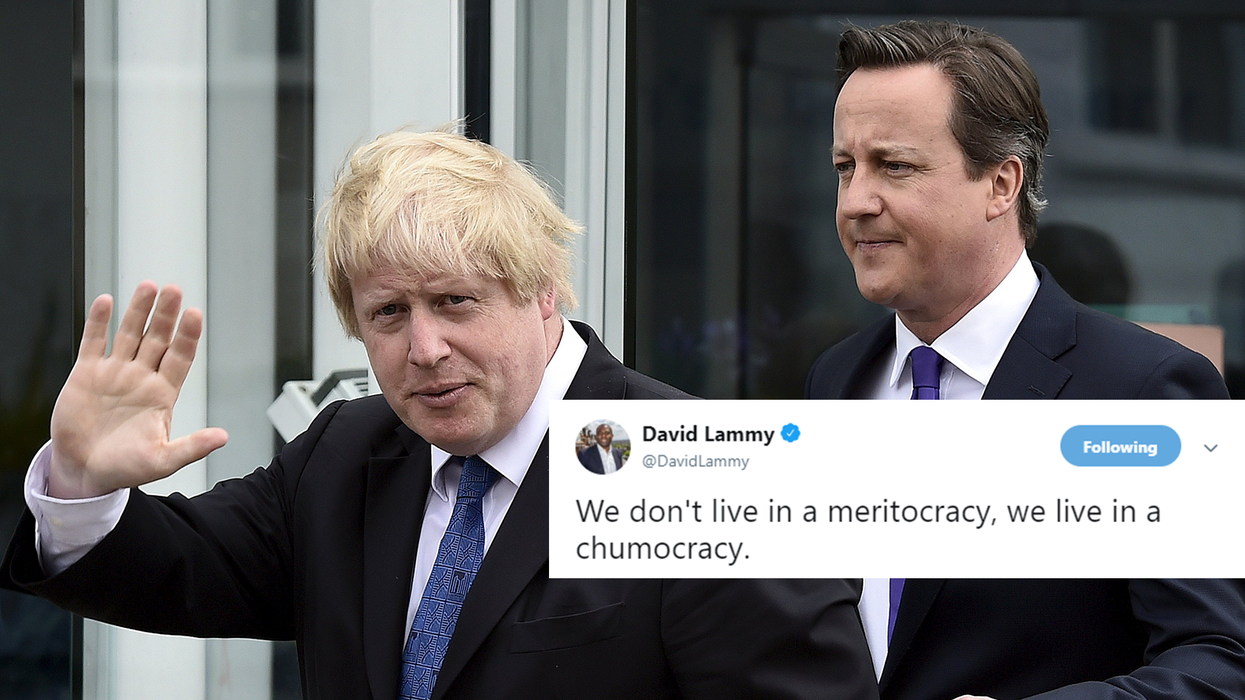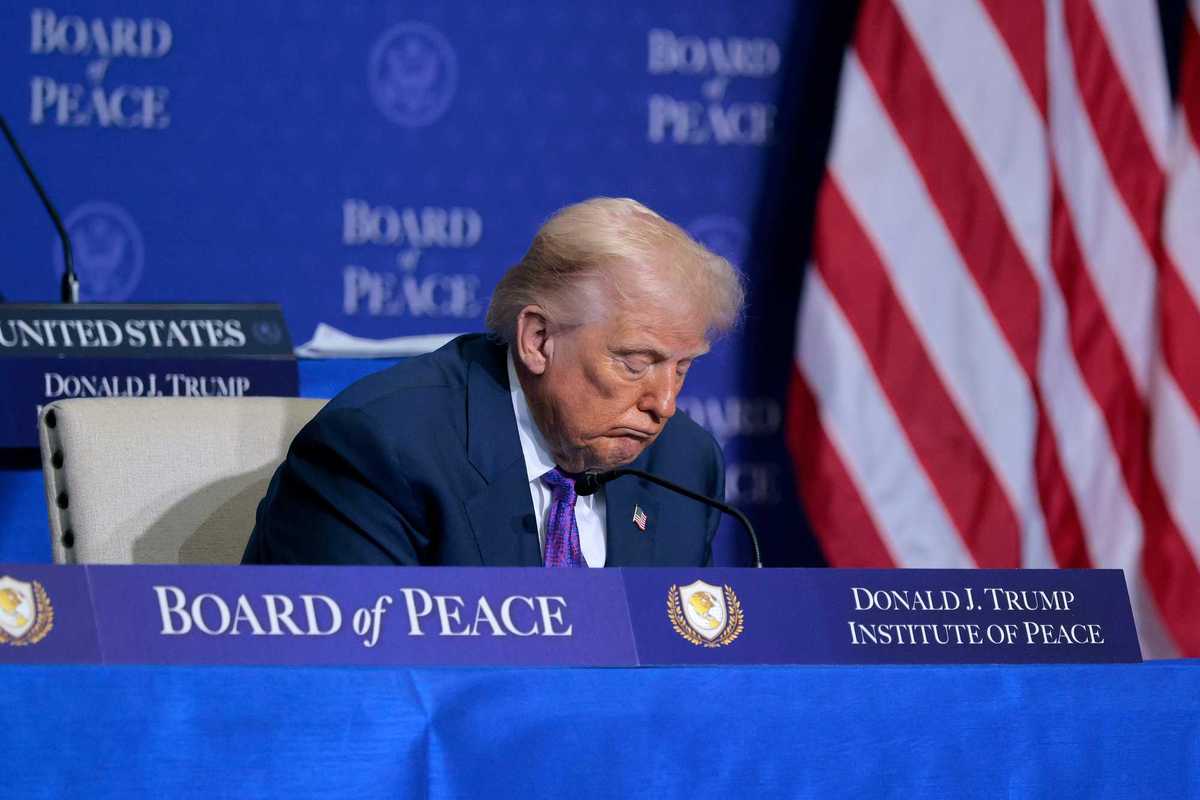News
Lowenna Waters
Jun 25, 2019

Picture:
Getty / Twitter
Britain's most influential people are five times as likely to have been privately educated, and literally, no one, not one person, is surprised by this news.
Only 7 per cent of the British population attends a private fee-paying school, compared to 39 per cent of those who dominate the top professions, according to data released by the Sutton Trust.
The report, which was published with the Social Mobility Commission, shows that power rests with a small section of the population, including those who attended private schools and the one per cent who went to Oxbridge, reports the Huffington Post.
The research looked at the educational backgrounds of 5,000 of the country's leading people, in 37 categories and across nine broad areas, including politics, the media, Whitehall and public bodies, public servants, local government, the creative industries, and women in sport, reports the Evening Standard.
The research, Elitist Britain 2019, released Tuesday, also found that women are underrepresented in all of the areas surveyed, but for those who did manage to make it to the top, their educational path looked different to men, reports the Huffington Post.
Women are less likely to have attended Oxbridge than their successful male counterparts, including in the House of Lords, where they're 21 per cent less likely, and in the judiciary, where they're 25 per cent less likely, reports the Evening Standard.
At the time that the analysis was conducted in spring 2019, 39 per cent of the cabinet was privately educated, contrasting with nine per cent of the shadow cabinet.
The media had the highest proportion of privately educated people in its top jobs. Of the 100 most influential news editors and broadcasters, 43 per cent went to fee-paying schools, and 44 per cent of newspaper columnists were privately educated.
And it doesn't stop there! Among the wealthiest members of TV, film and music industries, 38 per cent attended a private fee-paying school.
All is not lost, however! The Sutton Trust and Social Mobility Commission also make a number of recommendations in the report to boost social mobility, such as tackling financial barriers to specific industries and adopting contextual recruitment and admission policies.
Sir Peter Lampl, founder and executive chairman of the Sutton Trust, said:
Divided by politics, by class, by geography. Social mobility, the potential for those to achieve success regardless of their background, remains low.
The key to improving social mobility at the top is to tackle financial barriers, adopt contextual recruitment and admissions practices and tackle social segregation in schools.
In addition, we should open up independent day schools to all pupils based on merit not money as demonstrated by our successful Open Access scheme.
Dr Luke Heselwood, from the think tank Reform, added:
If candidates vying to become prime minister are serious about giving equal opportunity to all, they must focus on raising the attainment of disadvantaged school pupils so they can apply to elite universities,” he said.
Top universities must also embrace contextualised admissions and offer more support to students to help them to succeed.
Speaking to the Evening Standard, a Department for Education spokeswoman said:
For too long professions like law, politics and journalism have been dominated by independently schooled people. By making sure that our state schools offer a comparable education to private schools we will drive down these inequalities.
The gap between state funded schools and independent schools has never been smaller.
85 per cent of state funded schools are now rated good or outstanding - compared to 68 per cent in 2010 and academies across the country like Brampton Manor in East London are rivalling the results of prestigious private schools.
People on social media weren't surprised by the findings.
HT Huff Post
More: The numbers that show how private school pupils still dominate our society
Top 100
The Conversation (0)













